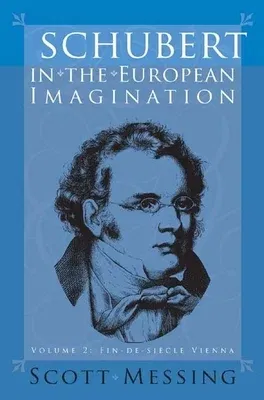Scott Messing
(Author)Schubert in the European Imagination, Volume 2: Fin-De-Siècle ViennaHardcover, 16 May 2007

Qty
1
Turbo
Ships in 2 - 3 days
In Stock
Free Delivery
Cash on Delivery
15 Days
Free Returns
Secure Checkout

Part of Series
Eastman Studies in Music
Print Length
332 pages
Language
English
Publisher
University of Rochester Press
Date Published
16 May 2007
ISBN-10
1580462138
ISBN-13
9781580462136
Description
Product Details
Author:
Book Format:
Hardcover
Country of Origin:
US
Date Published:
16 May 2007
Dimensions:
23.11 x
15.49 x
2.54 cm
ISBN-10:
1580462138
ISBN-13:
9781580462136
Language:
English
Location:
Rochester
Pages:
332
Publisher:
Series:
Weight:
657.71 gm